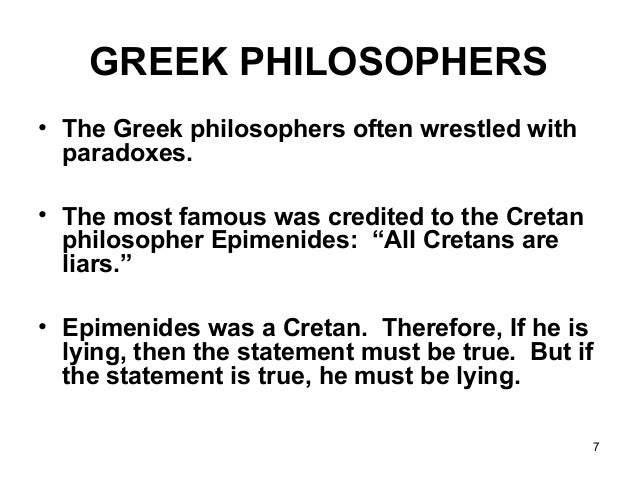

- #PARADOX ANCIENT SPACE DISCOVERIES LOCATIONS PLUS#
- #PARADOX ANCIENT SPACE DISCOVERIES LOCATIONS SERIES#
One of the many representations (and formulations) of Zeno of Elea's paradox relating to the. Under this line of thinking, it may still be impossible for Atalanta to reach her destination. If each jump took the same amount of time, for example, regardless of the distance traveled, it would take an infinite amount of time to cover whatever tiny fraction-of-the-journey remains. How could time come into play to ruin this mathematically elegant and compelling "solution" to Zeno's paradox?īecause there's no guarantee that each of the infinite number of jumps you need to take - even to cover a finite distance - occurs in a finite amount of time. It doesn't tell you anything about how long it takes you to reach your destination, and that's the tricky part of the paradox. This mathematical line of reasoning is only good enough to show that the total distance you must travel converges to a finite value.
#PARADOX ANCIENT SPACE DISCOVERIES LOCATIONS PLUS#
convergent series: one entire "thing" can be obtained by summing up one half plus one fourth plus one eighth, etc. And this method applies to both finite and infinite sets.By continuously halving a quantity, you can show that the sum of each successive half leads to a. If each element finds its partner and none remains alone (we call this a bijection), we can then say that the two sets are equal. His answer lies in the way he compares two sets: instead of counting the number of elements of the latter and comparing them (which cannot be done with an infinite set), the method consists in trying to match an element of the first set with an element of the second. Georg Cantor asked himself a simple question: can we compare two infinite sets? Can one be “bigger” than the other? In the end, infinity is just a tool among many others that mathematics puts at our disposal to measure, calculate and understand our environment.īut a German mathematician from the end of the 19 th Century went much further than anyone else at the time to manipulate infinity, or more precisely infinite sets. There is no need to understand or visualise infinity to use it.
#PARADOX ANCIENT SPACE DISCOVERIES LOCATIONS SERIES#
This series is called a geometric series.

However, this paradox was solved much later by one of the branches of mathematics that studies infinite sums of numbers: the series.Īdding 1/2+ 1/4+ 1/8+ 1/16+… is like adding 1/2+ 1/2 2+ 1/2 3+ 1/2 4+… Since it takes an infinite number of steps to cross the distance between the bow and the target, Zeno concluded that it was impossible for the arrow to reach its destination in a finite time. Indeed, one can always divide its remaining path by two and there will always remain a portion of path to cover (1/2, 1/4, 1/8, 1/16, 1/32), ad infinitum. The result is his famous “arrow paradox” that, according to him, should never be able to hit its target. Zeno of Elia (~450 BC) tried to show the “physical” impossibility of infinity, not by measuring it but by using it to divide things into smaller and smaller elements. And it is mathematicians who took it upon themselves to observe it a little closer. Of course, infinity is first and foremost a mathematical concept.

It is more a philosophical position that differentiates one school of thought from another. Of course, none of these statements are supported by an “experiment” or a “measurement” by current scientific standards. It is through infinity that we perceive our own existence. For Heraclitus, on the other hand, it is time that is infinite.

From it are born an infinite number of worlds that fill the volume of the Universe. were already wondering about the amazing properties of infinity.īut is infinity only a concept? A weird idea that mathematicians play with? Or does it have a connection with the world around us? Is anything really infinite?įor Anaximander, infinity is the founding principle of reality. We know that the philosophers of the first millennium B.C. Unfortunately, the writings that attest to this are all the rarer because they are old. It seems that questions about infinity are almost as old as humanity.


 0 kommentar(er)
0 kommentar(er)
